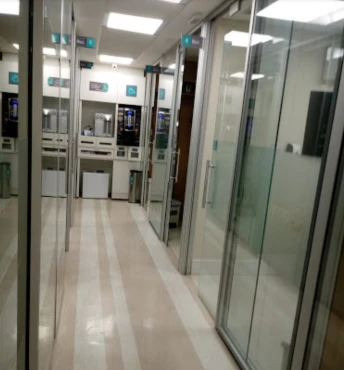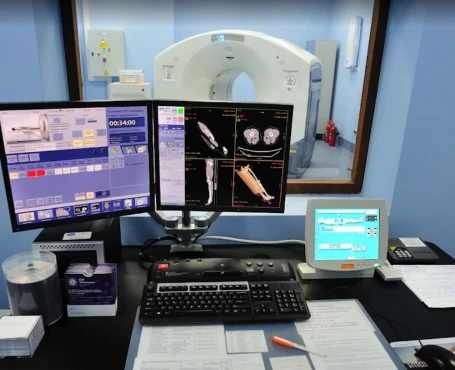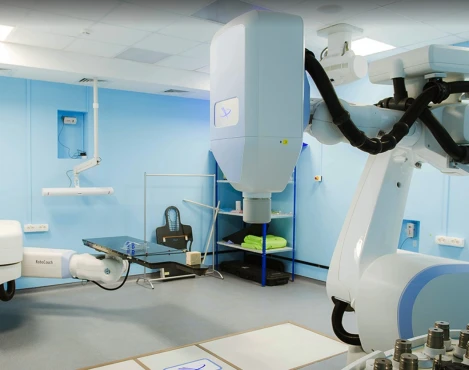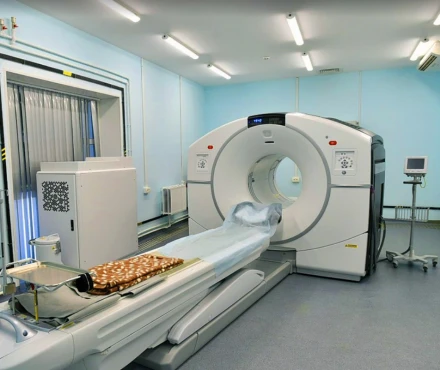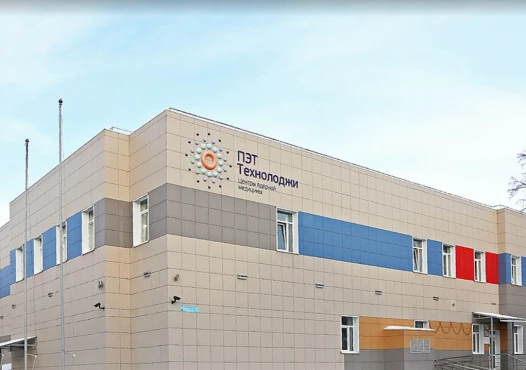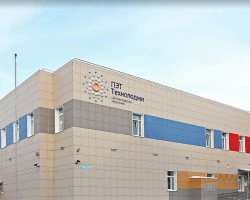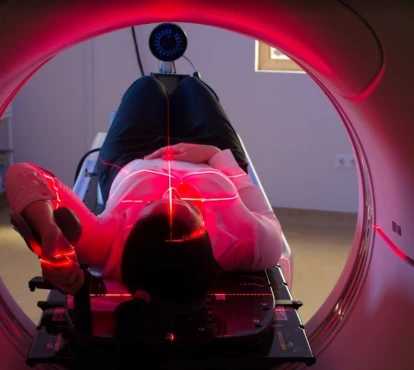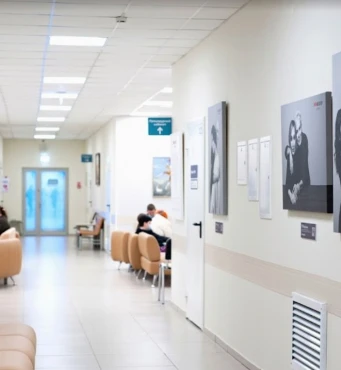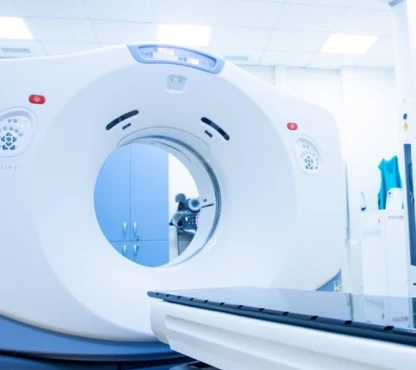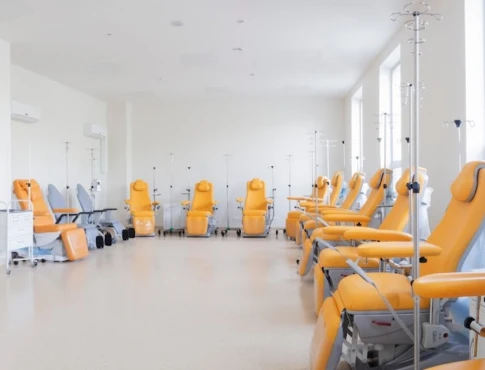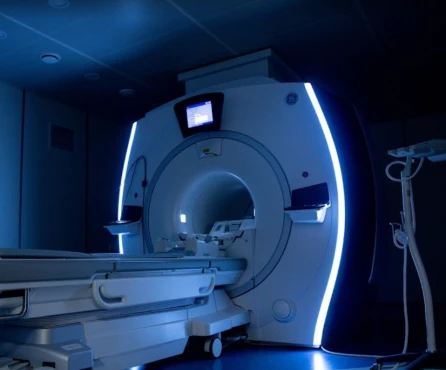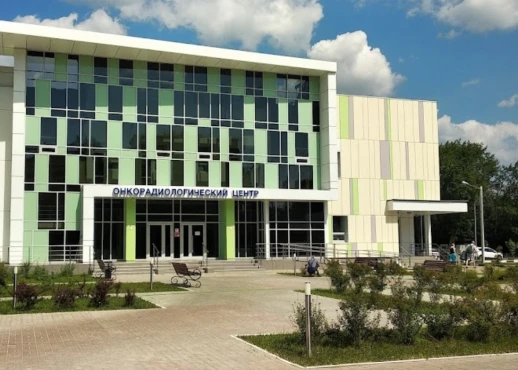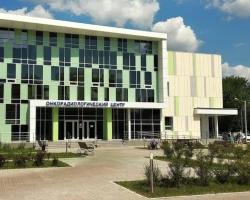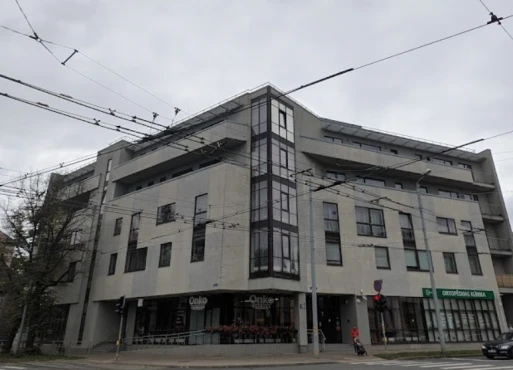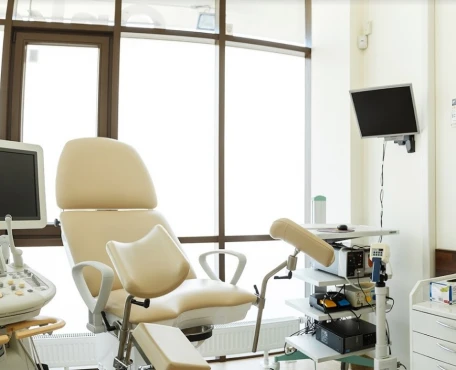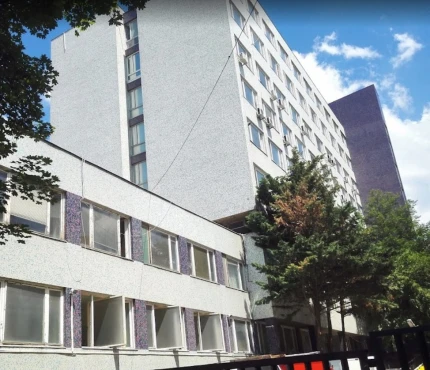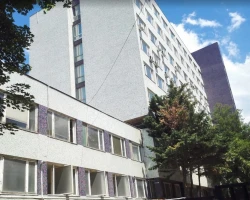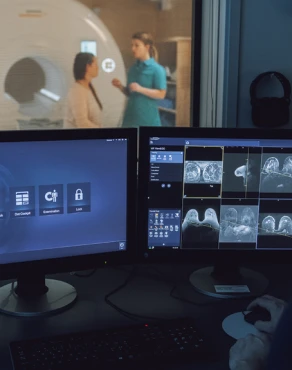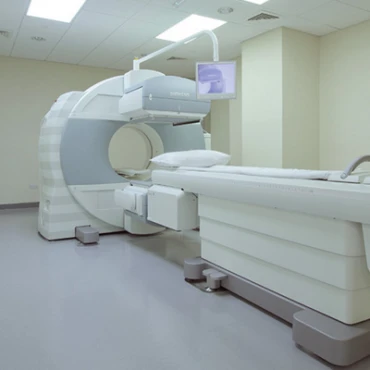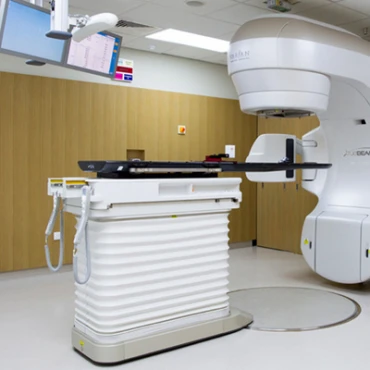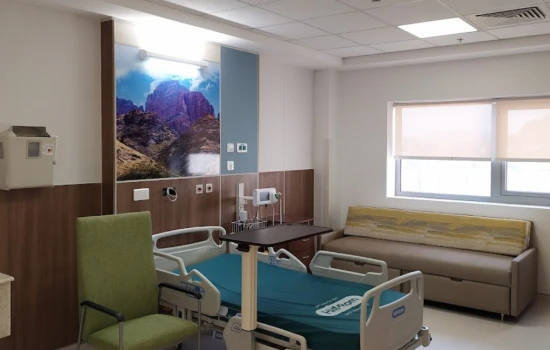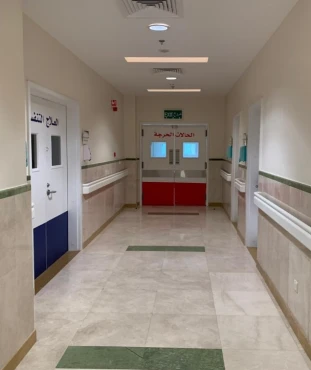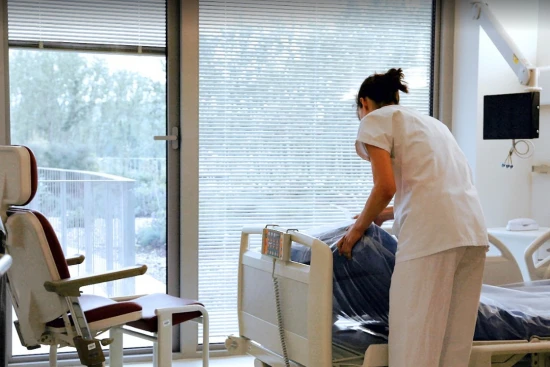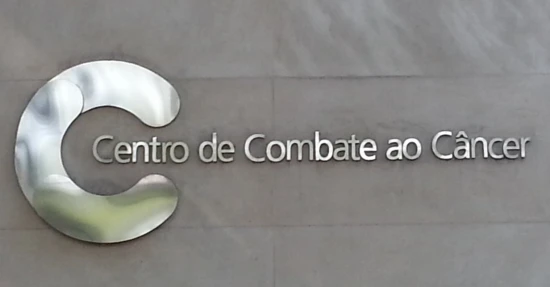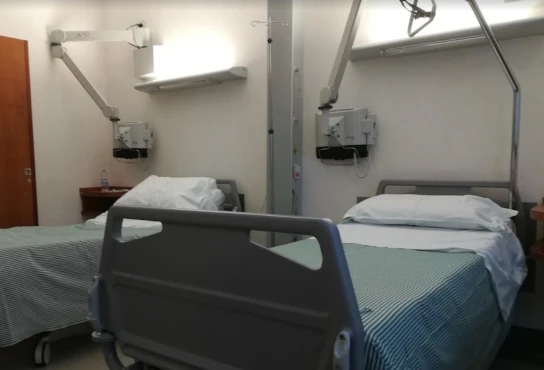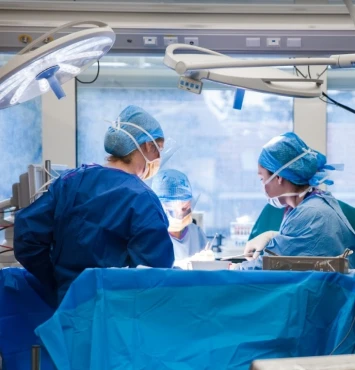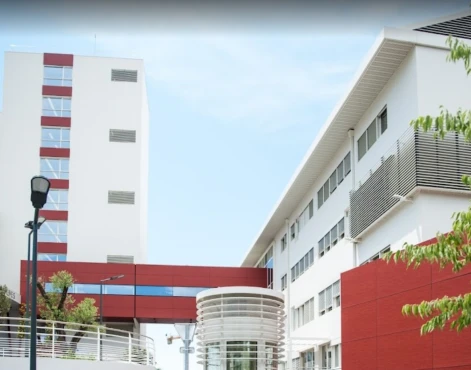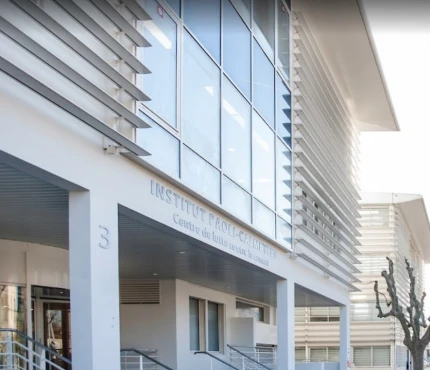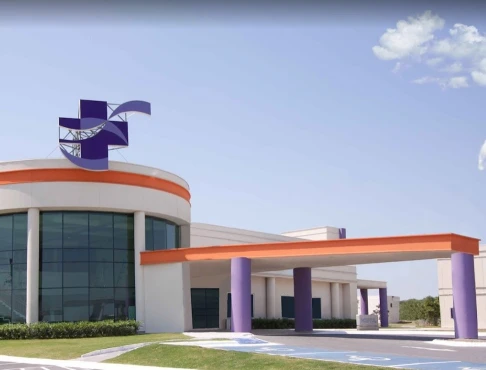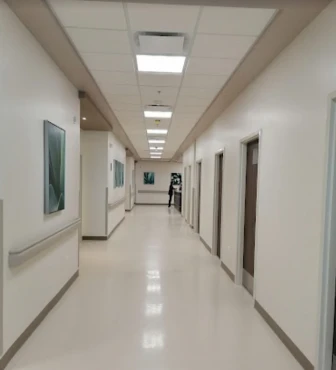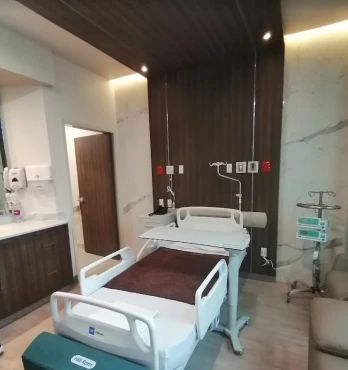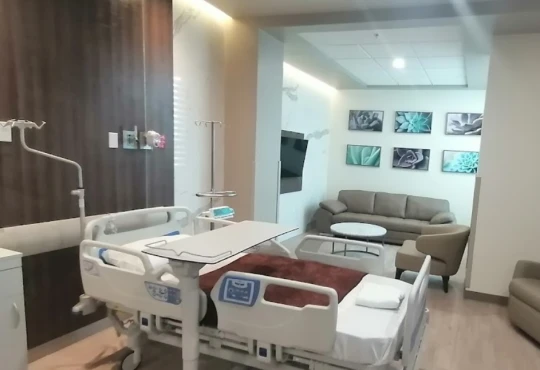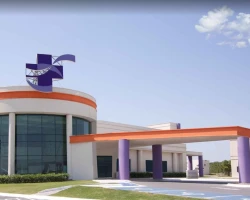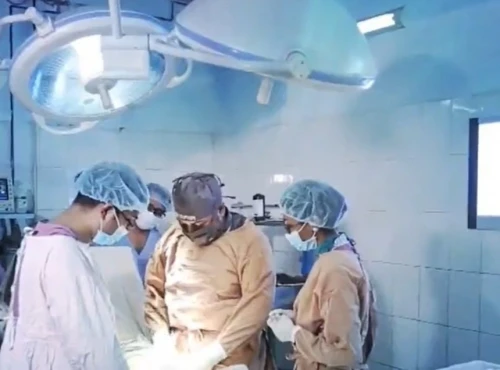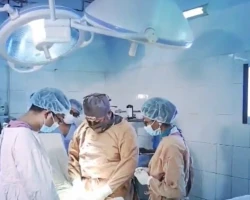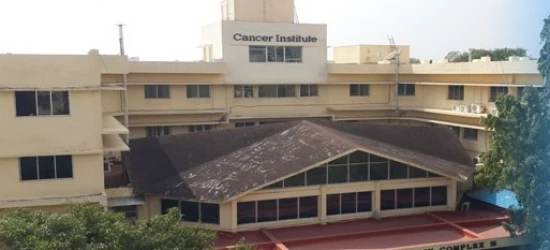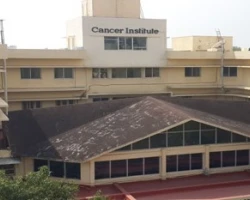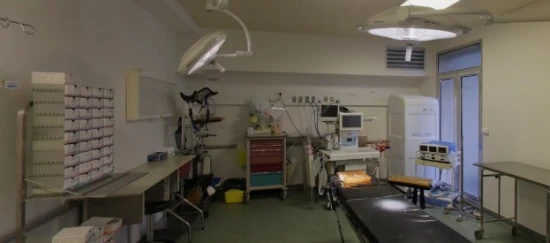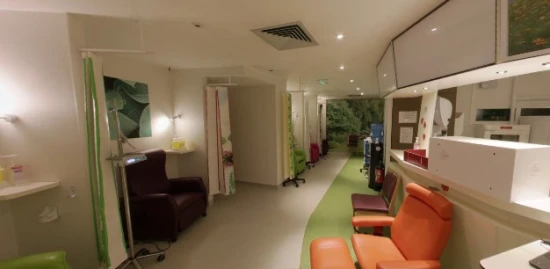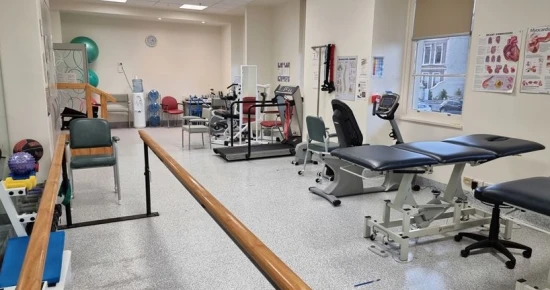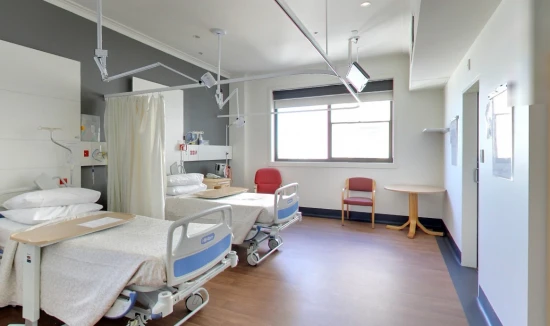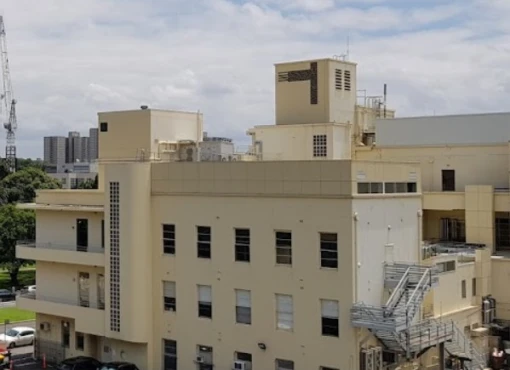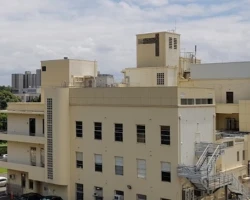Understanding Small Bowel Cancer: An Overview
This comprehensive article provides an in-depth understanding of Small Bowel Cancer, covering its types, risk factors, symptoms, diagnosis, treatment options, prognosis, prevention strategies, and the importance of early detection. It emphasizes the rarity of this malignancy while highlighting the critical role of awareness and vigilance in managing this challenging disease.
Introduction
Cancer, a formidable adversary in the realm of human health, can manifest in various forms and in different parts of the body. While many are familiar with common cancers like breast, lung, or colon cancer, there are lesser-known types that also pose significant threats. One such less-discussed but equally serious form is Small Bowel Cancer.
Definition and Overview
Small Bowel Cancer, also known as small intestine cancer, is a rare malignancy that affects the small intestine—the longest part of the digestive system after the stomach. The small intestine plays a vital role in digesting food, absorbing nutrients, and transporting waste out of the body. Hence, any cancerous growth in this crucial organ can have far-reaching consequences.
Small Bowel Cancer can arise from various cell types within the small intestine, with the majority of cases being adenocarcinomas. Other subtypes include carcinoid tumors and gastrointestinal stromal tumors (GISTs). Each of these subtypes presents unique challenges in terms of diagnosis and treatment.
Rarity and Prevalence
One notable aspect of Small Bowel Cancer is its rarity. It comprises only a small fraction of all cancer diagnoses. According to cancer statistics, the small intestine accounts for about 1% of all digestive system cancers. However, its relative rarity should not undermine the seriousness of the disease, as it can be aggressive and challenging to detect in its early stages.
Importance of Early Detection
The small intestine's anatomical location deep within the abdominal cavity makes it less accessible for routine screening compared to organs like the colon or the breast. Consequently, Small Bowel Cancer is often diagnosed at a more advanced stage, which can limit treatment options and negatively impact prognosis.
Early detection and prompt intervention are crucial factors in improving the outlook for individuals diagnosed with Small Bowel Cancer. Awareness of the risk factors, symptoms, and available diagnostic methods can empower both healthcare providers and patients in the battle against this formidable adversary.
Types of Small Bowel Cancer
Small Bowel Cancer is not a uniform disease; it encompasses several distinct subtypes, each with its characteristics, behavior, and treatment considerations.
Adenocarcinoma
Adenocarcinoma is the most common subtype of Small Bowel Cancer, accounting for the majority of cases. It originates from the glandular cells that line the inner surface of the small intestine. These cells are responsible for producing mucus and facilitating the absorption of nutrients.
Adenocarcinomas are known for their infiltrative growth patterns, which can lead to blockages or obstructions within the small intestine. The exact cause of adenocarcinoma is often unclear, but some risk factors, such as hereditary conditions like familial adenomatous polyposis (FAP), may increase the likelihood of its development.
Carcinoid Tumors
Carcinoid tumors are a less common type of Small Bowel Cancer but are noteworthy for their unique characteristics. These tumors typically grow slowly and produce hormones, such as serotonin, that can cause a range of symptoms known as carcinoid syndrome. Carcinoid tumors can arise in various parts of the digestive tract, including the small intestine.
Diagnosing carcinoid tumors may involve specialized tests to measure hormone levels in the blood and urine. Treatment options for carcinoid tumors can vary, with surgery often being the primary approach, but other interventions may be necessary depending on the extent of the disease.
Gastrointestinal Stromal Tumors (GISTs)
Gastrointestinal Stromal Tumors, or GISTs, are rare tumors that can develop in the small bowel, as well as in other parts of the digestive system, such as the stomach and esophagus. GISTs are distinct from other types of Small Bowel Cancer because they originate in the interstitial cells of Cajal, specialized cells in the gastrointestinal tract.
The diagnosis and management of GISTs often involve targeted therapies that specifically target the molecular abnormalities driving the tumor's growth. Surgical removal is a common treatment approach, and the choice of therapy depends on factors like tumor size, location, and genetic characteristics.
Understanding the various subtypes of Small Bowel Cancer is crucial for both healthcare professionals and individuals at risk. Each subtype may present different symptoms and require tailored diagnostic and treatment strategies.
Risk Factors
Understanding the risk factors associated with Small Bowel Cancer is essential for identifying individuals who may be at an elevated risk and for promoting early detection. While the exact causes of this cancer remain unclear in many cases, several factors have been linked to an increased likelihood of its development.
Age and Gender
Small Bowel Cancer tends to affect older individuals, with most cases diagnosed in people over the age of 50. It is relatively rare in younger age groups. Additionally, some studies suggest that men may be slightly more susceptible to Small Bowel Cancer than women, although the difference is not substantial.
Genetic Factors
In some instances, genetic factors can play a significant role in predisposing individuals to Small Bowel Cancer. Conditions like familial adenomatous polyposis (FAP), hereditary non-polyposis colorectal cancer (HNPCC), or Lynch syndrome, and Peutz-Jeghers syndrome are hereditary conditions that increase the risk of developing Small Bowel Cancer. Regular surveillance and genetic testing are recommended for individuals with a family history of these conditions.
Crohn's Disease
Inflammatory bowel diseases, particularly Crohn's disease, have been associated with an increased risk of Small Bowel Cancer. Chronic inflammation in the small intestine, a hallmark of Crohn's disease, can lead to cellular changes that may progress to cancer over time. Regular monitoring and management of Crohn's disease are crucial for individuals with this condition.
Radiation Exposure
Exposure to ionizing radiation, such as that used in certain medical treatments or workplace environments, can be a risk factor for Small Bowel Cancer. While the risk is relatively low, individuals who have undergone previous radiation therapy in the abdominal area should be aware of this potential risk factor and discuss it with their healthcare providers.
Symptoms
Recognizing the potential symptoms of Small Bowel Cancer is essential for early detection and timely medical intervention. Because the small intestine is relatively deep within the abdomen, symptoms may not become apparent until the cancer has advanced. However, being aware of these signs can aid in the early diagnosis of the disease.
Abdominal Pain
One of the most common early symptoms of Small Bowel Cancer is abdominal pain. This pain may be localized or more generalized, often resembling cramping or discomfort. It can be intermittent or persistent and may become more severe as the cancer progresses or obstructs the small intestine's normal function.
Changes in Bowel Habits
Alterations in bowel habits can signal the presence of Small Bowel Cancer. These changes may include diarrhea, constipation, or noticeable changes in stool consistency. Individuals may also experience a sensation of incomplete bowel emptying.
Unexplained Weight Loss
Unexplained weight loss is a concerning symptom and can be associated with various types of cancer, including Small Bowel Cancer. Significant and unintentional weight loss should prompt a thorough medical evaluation.
Blood in Stool
The presence of blood in the stool, whether visible or occult (hidden), can be an alarming symptom. Small Bowel Cancer can cause bleeding within the digestive tract, leading to the passage of dark, tarry stools or visible blood. However, other gastrointestinal conditions can also cause these symptoms, so a comprehensive evaluation is necessary.
Nausea and Vomiting
As Small Bowel Cancer progresses and potentially obstructs the small intestine, individuals may experience nausea and vomiting. These symptoms can result from the inability of food and fluids to pass through the affected area.
Diagnosis
Diagnosing Small Bowel Cancer involves a series of medical evaluations and tests aimed at confirming the presence of cancer, determining its location, and assessing its stage. Given the challenges associated with the small intestine's deep-seated location, diagnosis often requires a combination of imaging tests, endoscopic procedures, and tissue biopsy.
Imaging Tests
- CT Scan: Computed tomography (CT) scans are commonly used to visualize the small intestine and surrounding structures. They provide detailed cross-sectional images that can reveal abnormalities, such as tumors or blockages.
- MRI (Magnetic Resonance Imaging): MRI scans use magnetic fields and radio waves to create high-resolution images of the small intestine. MRIs can be particularly useful in distinguishing between different tissue types and identifying potential cancerous growths.
- Small Bowel Follow-Through: This specialized X-ray procedure involves drinking a contrast solution that allows the visualization of the small intestine. X-rays are taken at various intervals to track the movement of the contrast material through the digestive tract, highlighting any abnormalities.
Endoscopy and Biopsy
- Upper Endoscopy (Esophagogastroduodenoscopy or EGD): In some cases, a thin, flexible tube with a camera on the end is inserted through the mouth and into the upper part of the digestive tract. This procedure can visualize the upper portion of the small intestine and obtain biopsy samples if needed.
- Capsule Endoscopy: A capsule containing a tiny camera is swallowed, allowing for the visualization of the entire small intestine as it passes through. The camera transmits images to a recorder worn by the patient. This non-invasive procedure is useful for detecting abnormalities in the small bowel.
- Double-Balloon Endoscopy: In this specialized endoscopic procedure, a long tube with two attached balloons is used to visualize and biopsy the small intestine. It is particularly helpful for reaching deeper segments of the small bowel.
- Biopsy: If suspicious tissue is identified during endoscopy or imaging tests, a biopsy may be performed. During a biopsy, a small sample of tissue is collected for examination under a microscope to confirm the presence of cancerous cells.
Blood Tests
Blood tests may be conducted to assess for certain biomarkers associated with Small Bowel Cancer, although these tests are not typically used as standalone diagnostic tools. Elevated levels of specific markers, such as carcinoembryonic antigen (CEA) or chromogranin A, may raise suspicion and prompt further investigation.
Staging
Once Small Bowel Cancer is diagnosed, healthcare professionals use a staging system to determine the extent of the disease and its spread within the body. Staging is a crucial step in guiding treatment decisions and providing patients with an understanding of their prognosis.
TNM Staging System
The TNM (Tumor, Node, Metastasis) staging system is commonly used to stage Small Bowel Cancer. It assesses three key aspects of the cancer:
- Tumor (T): This component describes the size and extent of the primary tumor within the small intestine. Tumor staging ranges from T0 (no evidence of tumor) to T4 (tumor has invaded nearby structures or organs).
- Nodes (N): The involvement of nearby lymph nodes is a critical factor in determining the stage of Small Bowel Cancer. Nodal staging ranges from N0 (no lymph node involvement) to N2 (cancer has spread to multiple or distant lymph nodes).
- Metastasis (M): Metastasis refers to the spread of cancer to distant organs or tissues. M0 indicates no distant metastasis, while M1 signifies the presence of metastatic disease.
The combination of these T, N, and M factors results in an overall stage designation, typically ranging from stage 0 (in situ, meaning the cancer is localized) to stage IV (advanced cancer with distant metastasis).
Determining Extent of Spread
Staging is crucial for determining the appropriate treatment approach. For localized Small Bowel Cancer (stages 0 to II), surgical removal of the tumor is often the primary treatment. In cases of more advanced disease (stages III and IV), treatment may involve a combination of surgery, chemotherapy, radiation therapy, and targeted therapies.
Accurate staging also provides valuable information about a patient's prognosis. Generally, the earlier the stage at diagnosis, the better the outlook. However, the prognosis can vary significantly based on factors such as tumor subtype, size, location, and response to treatment.
Importance of Staging
Staging Small Bowel Cancer is vital not only for treatment planning but also for long-term monitoring and follow-up care. Patients should have a clear understanding of their cancer's stage and its implications for their healthcare journey. This knowledge empowers individuals to make informed decisions about their treatment and lifestyle adjustments.
Treatment Options
The treatment of Small Bowel Cancer is multifaceted and depends on various factors, including the cancer's stage, location, subtype, and the patient's overall health. Healthcare professionals work closely with patients to develop individualized treatment plans aimed at achieving the best possible outcomes.
Surgery
Surgery is often the primary treatment for localized Small Bowel Cancer. The goal of surgery is to remove the cancerous tumor and, if necessary, a portion of the small intestine. The extent of the surgery depends on the tumor's size, location, and the presence of nearby lymph node involvement.
- Small Bowel Resection: This procedure involves removing the segment of the small intestine containing the tumor and reconnecting the healthy ends. In some cases, a bowel bypass may be necessary to allow for proper digestion and absorption of nutrients.
- Lymph Node Dissection: If nearby lymph nodes are affected, the surgeon may also remove these nodes to reduce the risk of cancer recurrence.
Chemotherapy
Chemotherapy is often recommended as part of the treatment plan for Small Bowel Cancer, especially in cases of advanced disease or when surgery alone may not be curative. Chemotherapy uses drugs to target and kill cancer cells throughout the body.
The specific chemotherapy regimen and duration of treatment vary based on individual circumstances. Healthcare providers consider factors such as tumor type, stage, and overall health when determining the most appropriate chemotherapy approach.
Radiation Therapy
Radiation therapy involves the use of high-energy beams to target and destroy cancer cells. While less commonly used than surgery or chemotherapy for Small Bowel Cancer, it may be recommended in specific situations:
- Adjuvant Radiation: Radiation therapy may be administered after surgery to eliminate any remaining cancer cells in the treated area and reduce the risk of local recurrence.
- Palliative Radiation: In cases where the cancer cannot be completely removed, radiation therapy can help alleviate symptoms, such as pain or blockages, by shrinking the tumor.
Targeted Therapy
Targeted therapies are a newer approach to treating Small Bowel Cancer and are designed to target specific molecular or genetic abnormalities driving cancer growth. These therapies are often used when other treatments are not effective or in cases of recurrent or metastatic disease.
Targeted therapies may include drugs that inhibit the action of specific proteins or pathways responsible for cancer cell proliferation. They are typically prescribed based on the results of molecular testing of the tumor.
Clinical Trials
Participation in clinical trials may be an option for some individuals with Small Bowel Cancer, especially in cases of advanced or refractory disease. Clinical trials offer access to cutting-edge treatments and therapies that are still being studied for effectiveness and safety.
It's crucial for patients to discuss their treatment options, potential side effects, and expected outcomes with their healthcare team. Treatment decisions should be made collaboratively, taking into account the patient's preferences and overall well-being.
Prognosis
The prognosis for Small Bowel Cancer can vary widely depending on several factors, including the cancer's stage at diagnosis, subtype, response to treatment, and the individual's overall health. Understanding the potential outcomes is essential for individuals facing this rare malignancy.
Survival Rates
Survival rates provide an estimate of the percentage of individuals with Small Bowel Cancer who are likely to survive a certain period after diagnosis. It's important to note that these statistics are general guidelines and may not reflect an individual's specific circumstances.
- Five-Year Survival Rates: Small Bowel Cancer has a five-year survival rate that varies by stage. The overall five-year survival rate for all stages combined is approximately 50-60%. However, this rate can be significantly higher for individuals with early-stage disease (stage I or II) and lower for those with advanced-stage disease (stage III or IV).
- Stage-Specific Survival: The five-year survival rates for specific stages are as follows:
- Stage I: Around 70-80%
- Stage II: Approximately 50-60%
- Stage III: About 30-40%
- Stage IV: Generally lower, with a wide range
Factors Affecting Prognosis
Several factors can influence an individual's prognosis beyond the cancer's stage, including:
- Tumor Size and Location: The size and location of the tumor within the small intestine can affect the ease of surgical removal and the likelihood of complete excision.
- Lymph Node Involvement: The presence of cancer in nearby lymph nodes can increase the risk of recurrence and impact prognosis.
- Histologic Subtype: Different histologic subtypes, such as adenocarcinoma, carcinoid tumors, and GISTs, may have distinct prognostic characteristics.
- Surgical Margins: The completeness of surgical resection and the absence of residual tumor can influence prognosis.
- Response to Treatment: How well the cancer responds to surgery, chemotherapy, radiation therapy, or targeted therapy can impact long-term outcomes.
- Overall Health: The individual's overall health, age, and ability to tolerate treatment can affect prognosis.
- Genetic Factors: In some cases, genetic factors may play a role in prognosis, particularly in hereditary forms of Small Bowel Cancer.
Prevention and Early Detection
Preventing Small Bowel Cancer and detecting it at an early stage can significantly improve outcomes and quality of life. While some risk factors for this rare malignancy are beyond one's control, there are strategies individuals can consider to reduce their risk and promote early detection.
Screening Guidelines
Routine screening for Small Bowel Cancer is not typically recommended for the general population, as it is relatively rare. However, individuals with certain risk factors, such as a family history of hereditary conditions like familial adenomatous polyposis (FAP) or Lynch syndrome, may benefit from specialized surveillance and genetic testing.
It's essential for individuals at increased risk to work closely with their healthcare providers to determine the most appropriate screening schedule and methods based on their unique circumstances.
Lifestyle Factors
While specific measures to prevent Small Bowel Cancer remain under investigation, adopting a healthy lifestyle can contribute to overall well-being and potentially reduce the risk of various cancers, including those of the digestive system. Consider the following lifestyle factors:
- Diet: A diet rich in fruits, vegetables, whole grains, and lean proteins may help reduce the risk of cancer. Limiting processed foods, red meat, and excessive alcohol consumption is advisable.
- Tobacco Use: Avoiding tobacco products, including smoking and smokeless tobacco, can lower the risk of cancer in various parts of the body, including the digestive system.
- Physical Activity: Regular physical activity can contribute to overall health and may reduce the risk of certain cancers. Aim for at least 150 minutes of moderate-intensity exercise per week.
- Maintain a Healthy Weight: Maintaining a healthy body weight through a balanced diet and regular exercise can lower the risk of various cancers.
Early Detection
Early detection remains critical for improving the prognosis of Small Bowel Cancer. Individuals should be vigilant about potential symptoms, especially if they have risk factors or a family history of the disease. Common symptoms, such as abdominal pain, changes in bowel habits, unexplained weight loss, and blood in the stool, should not be ignored.
If concerning symptoms arise, seeking prompt medical evaluation and undergoing appropriate diagnostic tests, such as imaging, endoscopy, or biopsy, is essential.
Raising Awareness
Raising awareness about Small Bowel Cancer is crucial for promoting early detection, advancing research, and providing support to individuals and families affected by the disease. Organizations, healthcare professionals, and advocacy groups play vital roles in educating the public about risk factors, symptoms, and available resources.
Conclusion
Small Bowel Cancer, though rare, is a serious malignancy that requires vigilance, awareness, and early detection for optimal outcomes. Throughout this article, we have explored the various facets of Small Bowel Cancer, from its types and risk factors to symptoms, diagnosis, treatment options, and prognosis.
In summary:
- Small Bowel Cancer encompasses several subtypes, with adenocarcinoma being the most common, followed by carcinoid tumors and gastrointestinal stromal tumors (GISTs).
- Risk factors for Small Bowel Cancer include age, gender, genetic factors, conditions like Crohn's disease, and exposure to ionizing radiation.
- Recognizing the symptoms, such as abdominal pain, changes in bowel habits, unexplained weight loss, and blood in the stool, is crucial for early detection.
- Diagnosis involves imaging tests, endoscopy, biopsy, and sometimes blood tests.
- Staging is essential to determine the extent of the disease and guide treatment decisions.
- Treatment options include surgery, chemotherapy, radiation therapy, targeted therapy, and participation in clinical trials.
- Prognosis varies based on factors such as stage, tumor size, lymph node involvement, and response to treatment.
- Prevention strategies include maintaining a healthy lifestyle and seeking early medical evaluation for symptoms, especially if at increased risk.
- Raising awareness about Small Bowel Cancer is essential for promoting early detection and supporting those affected by the disease.
In closing, knowledge and awareness are powerful tools in the fight against Small Bowel Cancer. By staying informed, advocating for timely medical care, and supporting ongoing research efforts, we can collectively make strides in improving the outcomes and quality of life for individuals affected by this rare but impactful malignancy.


